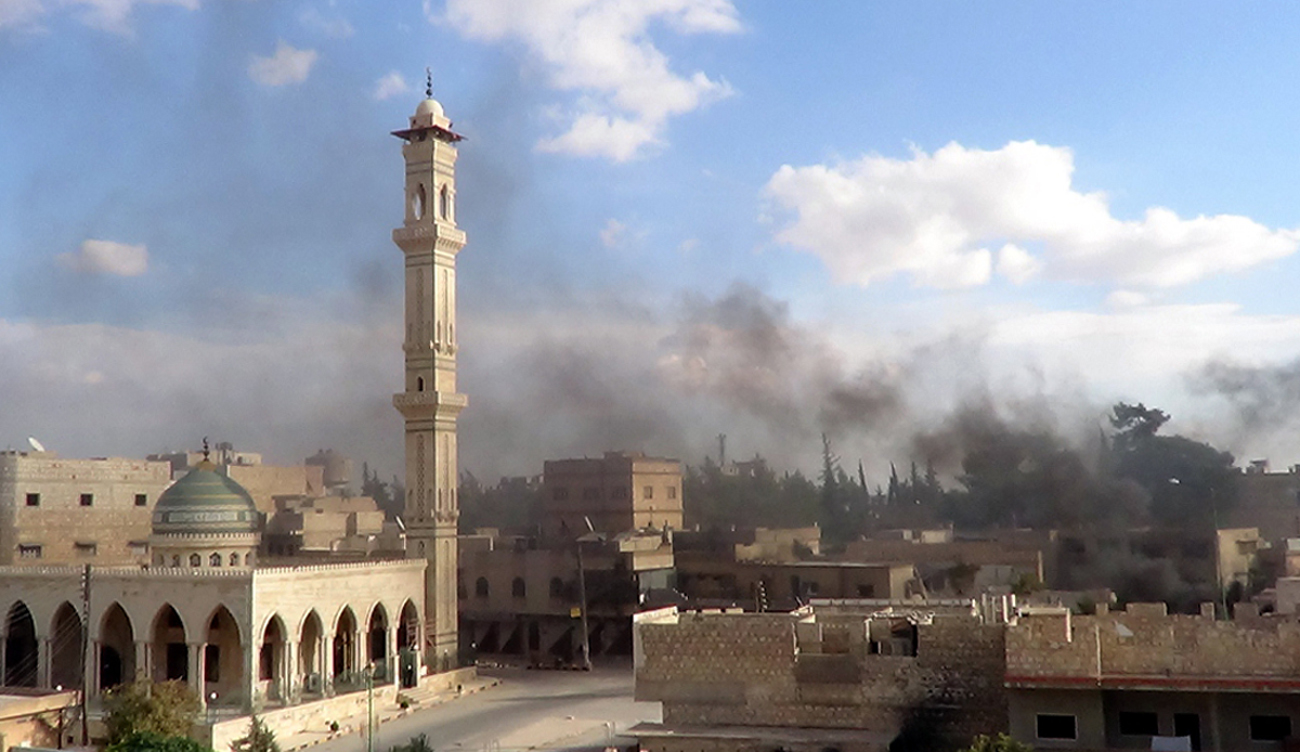
(AFP Photo)
Saudi Arabia’s rejection of a UN Security Council seat is a clear and strong message of the Arab world’s frustration, Foreign Minister Nabil Fahmy said Sunday.
In a statement by the foreign ministry, Fahmy called the Saudi position “brave” and “respected” by Egypt, “especially with the UNSC’s faltering in assuming its full responsibilities in maintaining international peace and security and in dealing with urgent issues in the Middle East.”
He said Saudi Arabia’s decision reflects Arabic frustration with the lack of implementation of UN resolutions on the Middle East.
Fahmy said that among these issues was the Arab-Israeli peace process and clearing the Middle East of weapons of mass destruction, whether they are nuclear, chemical, or biological. Egypt has been pushing for a WMD-free Middle East through diplomatic efforts. Fahmy said the UNSC has not succeeded in dealing with the “political and humanitarian crisis” in Syria.
“All of these are extremely sensitive and dangerous issues which were subject to many initiatives and resolutions…” the foreign minister said.
Saudi Arabia was elected in the UNSC after a UN General Assembly election on Thursday. On Friday, it rejected the seat.
Saudi Arabia’s Ministry of Foreign Affairs said in a statement that the “current double standards in the UNSC are preventing the council from carrying out its duties and responsibilities towards maintaining world peace and security…” The oil-rich Gulf country also criticised the UNSC’s role in the Palestinian peace process, WMD in the Middle East and the Syrian crisis.
Fahmy demanded that the UNSC bear responsibility towards international peace and security under “consistent standards.”
Secretary General of the Arab League Nabil El-Araby also backed the kingdom’s rejection in a statement released on Saturday. El-Araby said he hoped the Saudi decision pushes forward efforts which were being made for years to reform the UNSC. El-Araby said the UNSC is “in need of comprehensive reforms including limiting the scope of using the veto.”
Saudi’s Gulf neighbours, Bahrain and the United Arab Emirates, also backed the Saudi decision.
UAE Foreign Minister Abdullah bin Zayed said his country understands the frustration which led Saudi Arabia to take the decision, a statement by the foreign ministry read. He added that the Saudi decision reflects the Arabic and Islamic “conscience.”
In Bahrain, the speaker of Bahrain’s main legislature, the Council of Representatives of Bahrain, Khalifa bin Ahmed Al-Dharani praised the Saudi decision and described it as a “brave position,” Bahrain’s news agency reported. He added that supporting the Saudi decision is a “humanitarian, Arabic and Islamic duty.”



